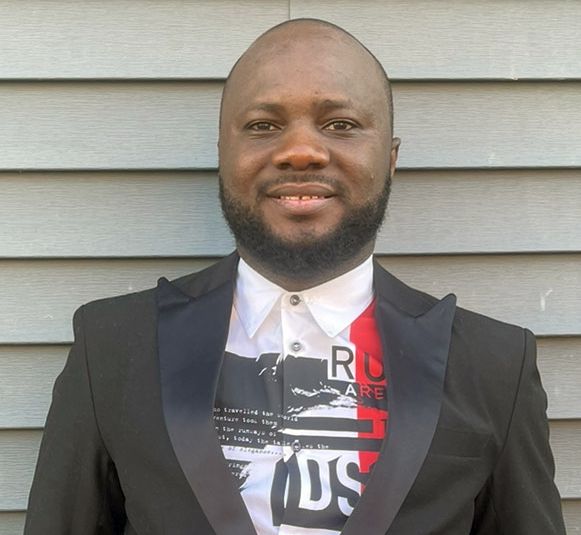Like many Mainers, I was shocked and saddened watching what happened in Afghanistan after the Taliban retook control of Kabul. There were 640 men, women and children packed shoulder-to-shoulder, fleeing their home country without any plans or belongings — and they were the lucky ones. Outside, dozens of their Afghan neighbors ran alongside the plane, waving their arms and clinging desperately to the wings — some falling to their death as the aircraft took flight.
The U.S. is trying to do the right thing by our Afghan allies; the Department of Defense has committed to bringing 30,000 individuals and their families who worked with our military here on Special Immigrant Visas and a variety of other immigration pathways. It’s a necessary effort, for which our own Sens. Susan and Angus King have already voiced public support. Or as Senate Minority Leader Mitch McConnell said, “We owe it to these people who are friends and who worked for us.”
Still, the large number of newcomers has generated backlash from some conservatives. I’ve heard claims that our country will be “invaded” — that these Afghans will “change America.” I understand; it’s human to fear the unknown. But as a Mainer who is also part of our state’s immigrant community, I can confidently say that these Afghans will neither drain local resources nor fundamentally change this country. Like generations of immigrants before them, they will become part of America, contributing their brain and manpower, their optimism and their culture. They will give everything of themselves in exchange for the precious asylum we provide.
Yes, they require temporary assistance, often from charitable and religious organizations, like Catholic Charities of Maine. But a hand up is not a hand out. When you’ve come here with nothing, you need help finding an apartment, navigating our health care system and securing a job. But once you have these things, you can move forward on your own steam. Refugees and asylum seekers do just that. According to New American Economy, after 25 years in the country, the median income of a refugee household is $67,000, higher than the average American household income of $53,000.
I’ve been through all of this personally. I came to Lewiston as an asylum seeker from the Democratic Republic of Congo. Like the Afghans, I fled my native country because my life was in danger. Based on my experience, I know Afghans arriving here will be feeling a range of emotions. Fear after being hunted by the Taliban. Loss after being separated from loved ones. Sadness over leaving their homes. And confusion over how to build a life in a new country. We can’t simply escort them off a plane and tell them good luck. We have to welcome them. And that means taking care to ensure their most basic needs are met.
When I first arrived in Lewiston, a local agency helped me find a place to live and apply for public assistance benefits to buy groceries. The alternative was homelessness, because I wasn’t legally allowed to work right away. (Trust me, if it was legal, I would have gotten a job on day one.)
Later, when my work permit was approved, the agency helped me land my first job as a dishwasher. Their initial guidance and generosity set me up for swift achievement. I’m a hard worker and now juggle multiple jobs as a teaching assistant, a direct support professional and interpreter, a health promotion coordinator and community organizer. I spent the last 18 months helping nursing home-bound Mainers receive care through the pandemic. I succeeded, not because I was grudgingly tolerated, but because I was welcomed.
I’m not unusual. Maine’s existing refugee and asylee population hails from all over, from Eastern Europe to Vietnam, to my native DRC to Afghanistan. They are educated; roughly 29% hold a bachelor’s degree. They are contributors; nationally, their households generate $99.2 billion for the economy, $27.5 billion of which helps support the food stamps and entitlement programs that some new arrivals — and many Americans — temporarily rely on. And they have empathy in spades. When you’ve feared for your life and the lives of your children, it opens your heart in extraordinary ways.
In the coming months, I’ll be highlighting many of these immigrant stories to help us all understand Lewiston’s newcomers, the challenges they face and how they learn to adapt and succeed here. There’s my friend, a gentleman from Angola who arrived here with $50 in his pocket and now owns his own home. There’s a Somalian business owner who launched three local shops just a few years after fleeing civil war. At a moment when the world can feel very dark, I look forward to sharing these stories of perseverance and hope with you.
They are thriving due to their own resilience, but also because of us. We didn’t treat them as an invasion of outsiders. We offered them the space and resources to thrive—and they did. I know we can do the same for our Afghan brothers and sisters.
Héritier Nosso is a health promotion coordinator and community organizer in Lewiston.
Comments are not available on this story.
Send questions/comments to the editors.


